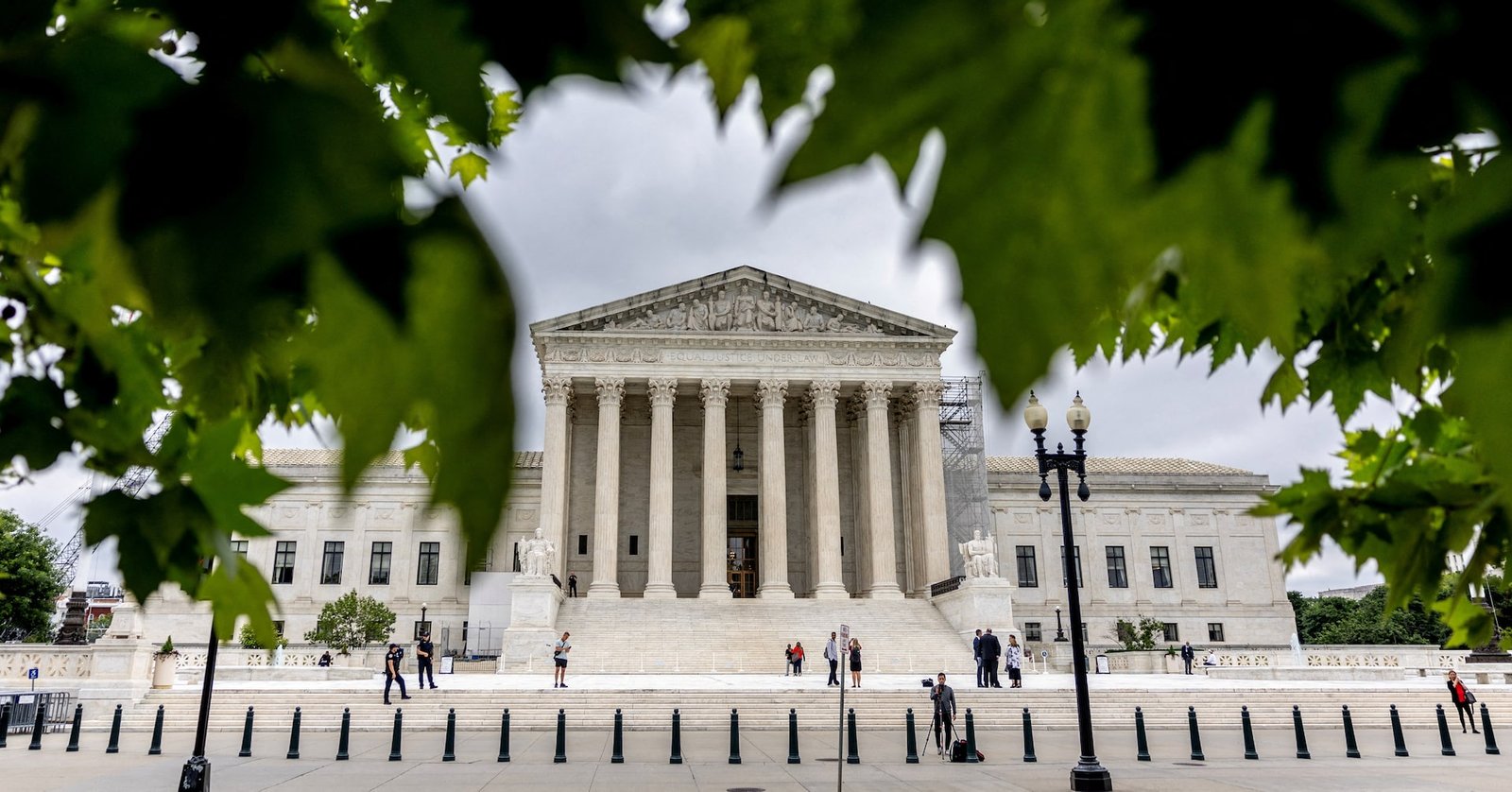Now Reading: Supreme Court supports Trump in South Sudan deportation case
-
01
Supreme Court supports Trump in South Sudan deportation case
Supreme Court supports Trump in South Sudan deportation case

On Thursday, the U.S. Supreme Court ruled in favor of the Trump administration regarding the deportation of migrants, particularly focusing on the case involving eight men facing deportation to South Sudan. This decision came after a lower court had imposed restrictions aimed at safeguarding these individuals from being sent to a country marked by political instability and violence. The ruling emphasizes the Trump administration’s stance on immigration and its efforts to expedite the deportation process.
The case revolved around the legal framework governing deportations, specifically the discretion exercised by the government in determining where migrants can be sent. The Supreme Court’s decision underscores a trend of judicial support for executive authority in immigration matters, enabling the administration to proceed with deportations even when there are concerns about the safety and stability of the destination country.
Critics of the ruling argue that deporting individuals to places like South Sudan, known for its turmoil, poses significant human rights risks. The lower court had aimed to provide protection for the affected migrants by questioning the appropriateness of sending them to environments rife with violence and uncertainty. The Supreme Court’s intervention, therefore, raises concerns regarding the balance between national immigration policy and the humanitarian implications of deportation practices.
Legal experts note that this decision could set a precedent for similar cases involving the deportation of migrants to unstable regions. By siding with the government, the Court has reinforced the administration’s immigration priorities, which could impact thousands who are in vulnerable situations. As the legal landscape evolves, this ruling signifies a more aggressive approach by the courts in deferring to executive power in matters related to immigration enforcement.
Overall, the Supreme Court’s ruling reflects ongoing tensions between immigration policy and human rights, sparking debates about the ethical responsibilities of sending individuals back to countries that pose dangers to their safety. The implications of this decision will likely reverberate throughout the judicial and immigration systems, highlighting the complexities involved in navigating these intertwined issues.
Source: Reuters
business













